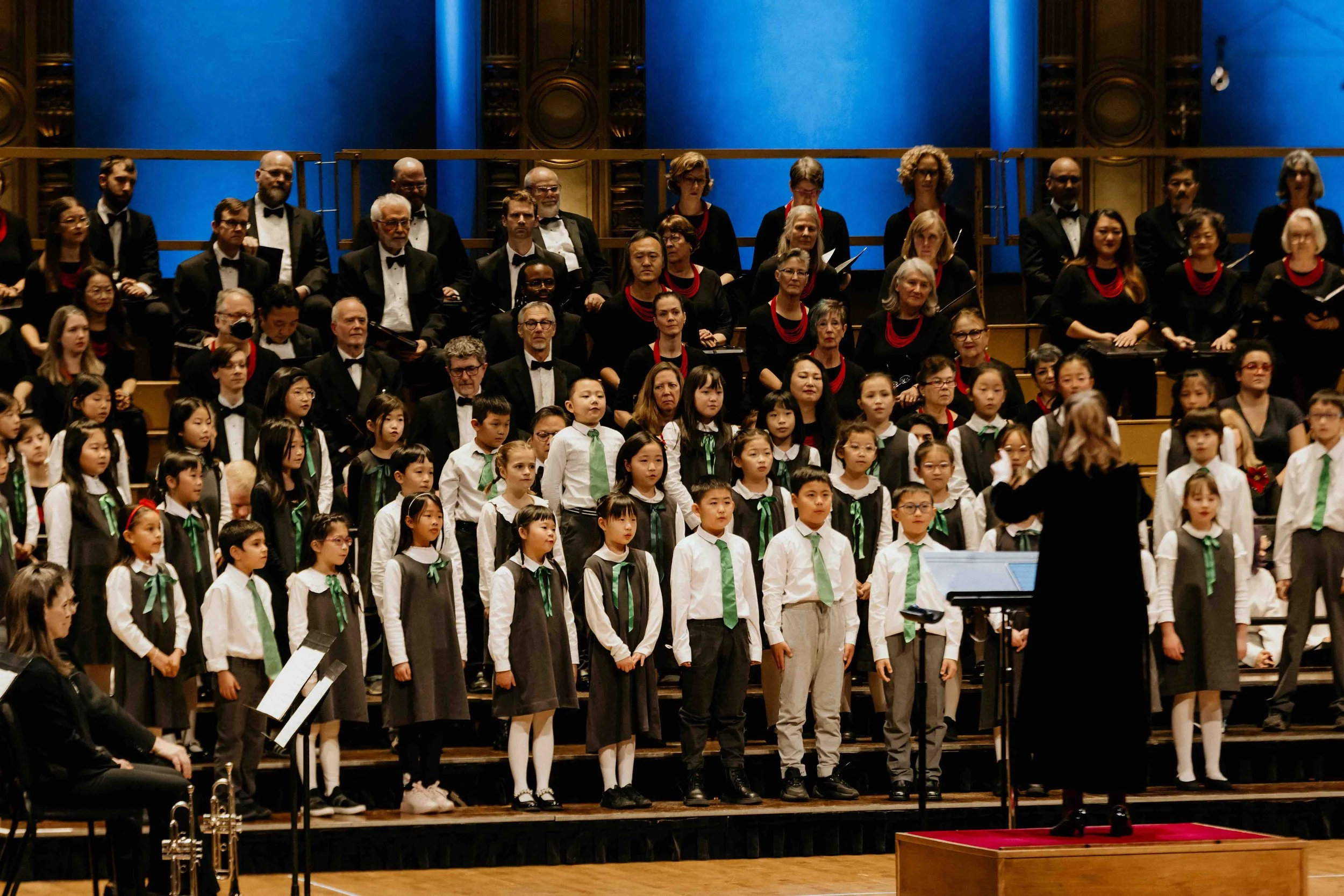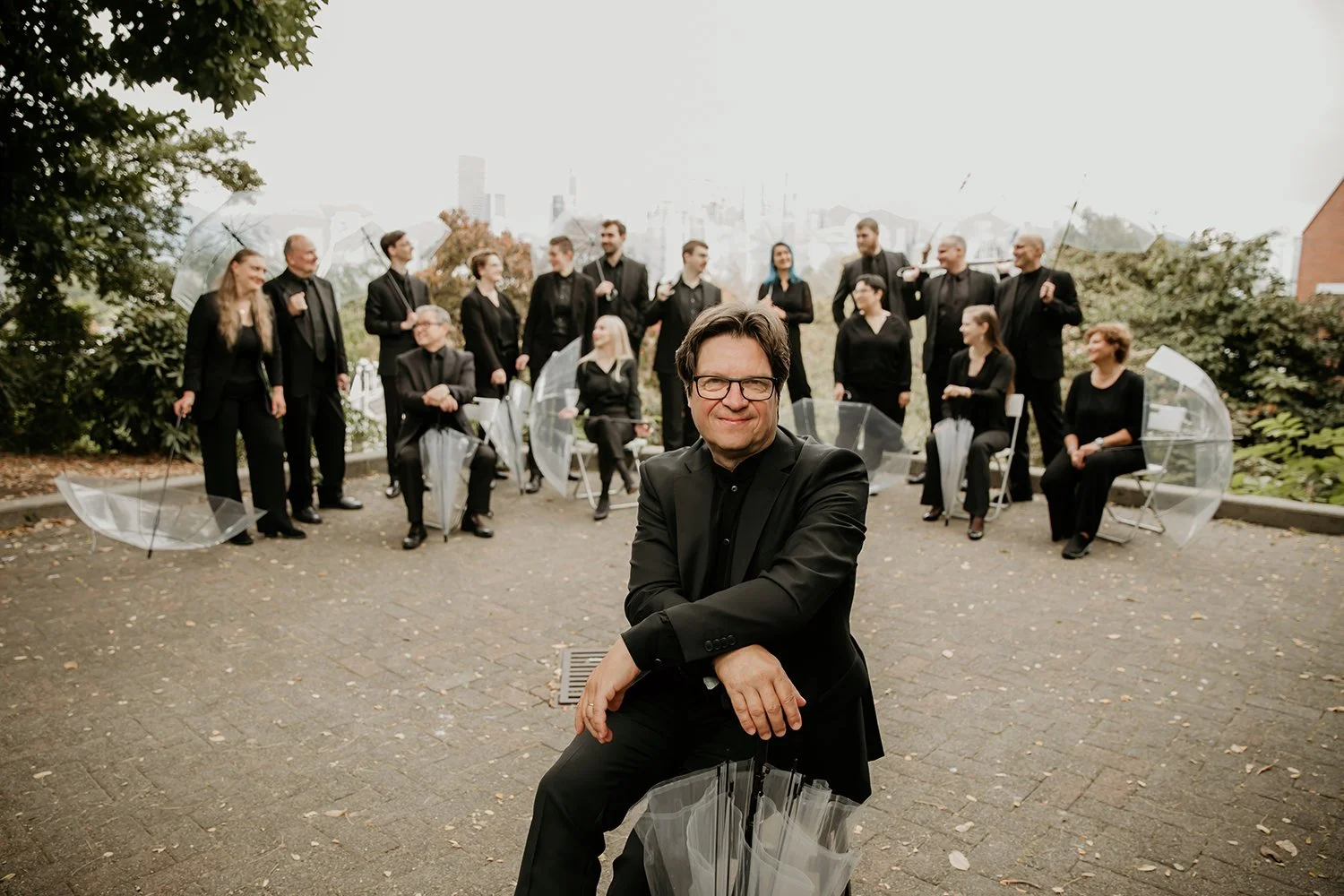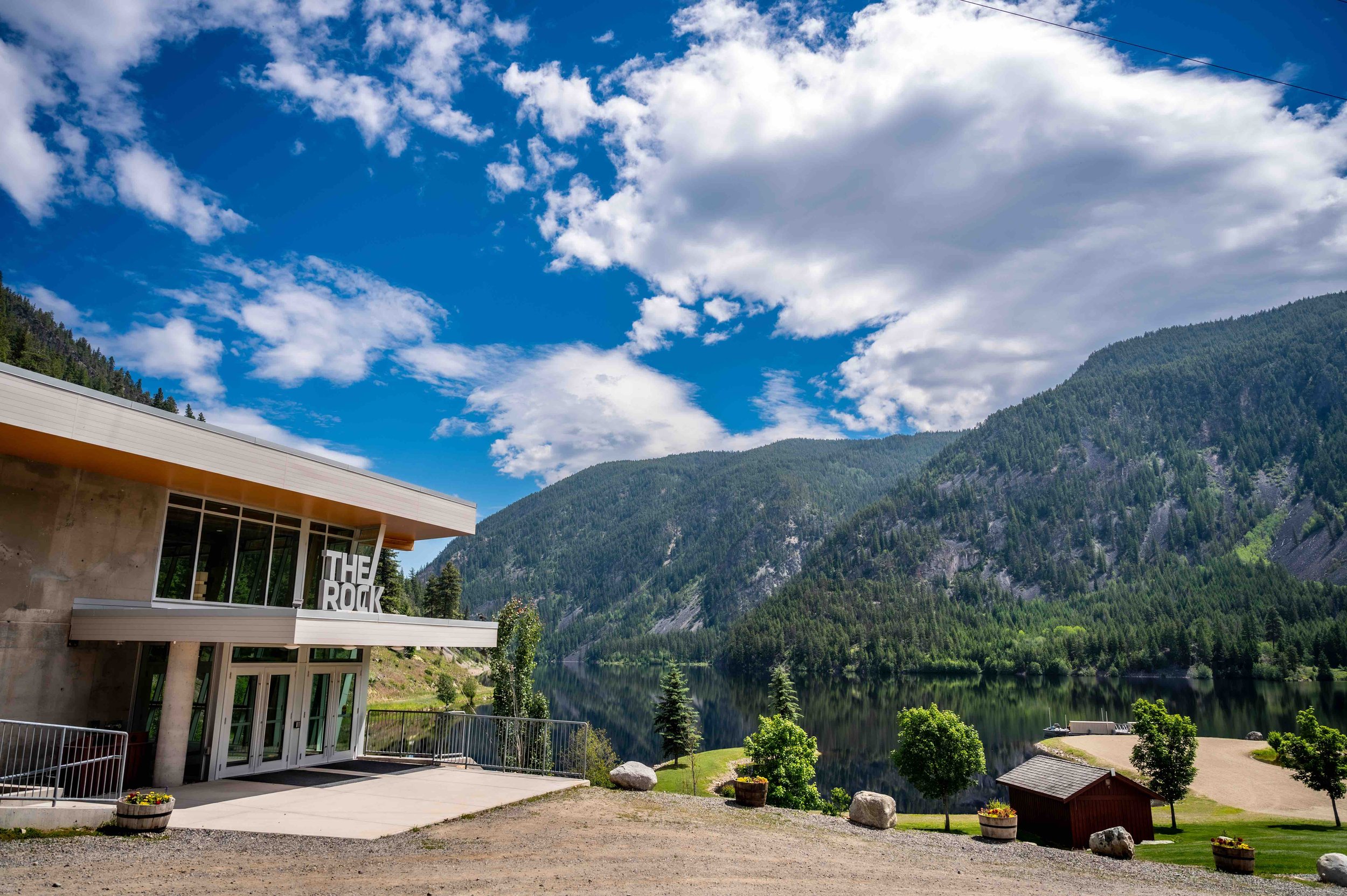Prog-rock trio Tu-Ner brings virtuosic blend of jazz, rock, and free-form improv to Blueshore at CapU
Members have individually collaborated with everyone from Brian Eno to Tool to Mr. Mister, and owe their connection to King Crimson’s Robert Fripp
Tu-Ner’s Pat Mastelotto (left), Markus Reuter, and Trey Gunn.
Tu-Ner plays Capilano University’s BlueShore Financial Centre for the Performing Arts on May 26 at 7:30 pm
WHO REMEMBERS PETE Frame’s “family trees”? The British illustrator and music obsessive was famous for crafting lovingly detailed and immaculately well-researched rock-band histories in graphic form—but as far as we know he has yet to sketch the genealogy of the intercontinental progressive-rock trio Tu-Ner.
We think he would have fun with it—and we know, basically, what it would look like. Frame would need to start with a folio-sized sheet of vellum, which would soon be covered with tentacular diversions and elaborate tendrils. But nestled comfortably into the tree’s roots would be one of the most singular musicians alive today, the guitarist, composer, sonic innovator, music educator, and King Crimson founder Robert Fripp.
Tu-Ner’s members—string virtuosos Trey Gunn and Markus Reuter, along with prodigious percussionist Pat Mastelotto—have impressive resumes; individually they have collaborated with everyone from Brian Eno to Tool to ’80s radio rock favourites Mr. Mister to local art-metal deity Devin Townsend. But all three would readily say that working with Fripp changed their lives, and ultimately led to the formation of their current touring collective.
“That’s the commonality in terms of lineage—working with Fripp,” says Reuter, checking in via Zoom from a Los Angeles rental. “Trey and I really come from the perspective of working with Fripp as his students, and Pat and Trey first met and played together when Fripp did that project with David Sylvian [The First Day]. And, funnily enough, I saw that show. I was 19 or so, pretty young.”
A year or so later, having switched to guitar from piano, the Lippstadt, Germany-born Reuter enrolled in Fripp’s Guitar Craft school, gaining some hands-on experience with the maestro’s unique tuning system, useful instruction in performance philosophy, and his guru’s blessing for a new venture: exploring various forms of expanded guitar, starting with the then-radical Chapman Stick and eventually moving on to designing his own instruments, built under his supervision and marketed as the Touch Guitar.
Gunn followed a similar path, and now performs on Warr Guitar instruments, built by Mark Warr in California. He and Mastelotto continued their association with Fripp by joining the 1990s edition of King Crimson; in the interim, he sold Reuter one of his spare Sticks, after which a chance encounter really cemented the relationship.
“I met Pat and Trey together on a train in Germany,” says Reuter, laughing. “This almost seems like not a true story, but it’s true: I was riding from Munich to northern Germany, and they were on the same train. I started talking with Pat, and he and I became close friends very, very quickly. I was actually his webmaster for a few years, before he first invited me over to do a musical project, and that was in 2005. Pat and Trey already had a band together called Tú, and then the duo I started with Pat was called TUNER, and so that’s why now we have Tu-Ner as the name of this band, to bring these two duos together.”
In concert, the three celebrate their shared Fripp connection by playing some of the most challenging items in the King Crimson songbook, including the ferociously complex “The ConstruKction of Light” and “Larks Tongues in Aspic, Part IV”, both premiered during Gunn and Mastelotto’s tenure with the band. But it would be a mistake to consider Tu-Ner a King Crimson tribute act: those pieces make up about a third of their set, with the rest divided between the band’s own compositions and spur-of-the-moment improvisations that are as free as any jazz band’s, although considerably louder. It’s these collective creations that best define this band, as can be seen from the fact that Tu-Ner’s second full-length, the somewhat ironically named Tu-Ner For Lovers, is entirely devoted to live improv.
Again, there’s a Fripp connection, although one that has more to do with the guitarist’s musical philosophy than with anything in the Crimson canon. “For me,” Reuter explains, “it’s very much about the practical aspect—the work aspect of the philosophy, let’s say. However, I think the idea of being musically adventurous but also well-educated musically, that’s still a rare thing. You have that in jazz, but in jazz what sometimes happens is that there’s another dogma that comes into play. But what we do with Tu-Ner, right now in particular, is this idea of complete freedom. Like, we can draw from anything and from anywhere, and that includes 20th- and 21st-century classical music, but in a rock context. And Pat is very much, for want of a better description, a groove player, but he can and does play very, very complicated things. So we have this very solid foundation or connection with tradition: folk tradition, classical tradition, and the rock-music part.
“But—and this is another element that we shouldn’t forget about—there is the use of electronics, state-of-the-art electronics. I think that’s what really gives us a unique sound,” Reuter continues. “Live electronic processing is part of the instrumentarium, if that’s a word in English. One of the most basic things that I try to teach people when they start trying to play an electric instrument is that you need some sort of access to a volume control. For guitarists, it’s usually a volume pedal, right? So a volume pedal is sort of like the first extension of the electric instrument in terms of processing, and that’s how I see every extra process in the chain: it’s something that enhances or transforms the sound, and it becomes part of the palette of sounds that you have available.”
Between Mastelotto’s combination of acoustic drums and electronic percussion, the stereo and polyphonic capabilities of Gunn and Reuter’s eight- or 10-string guitars, and all three musicians’ ability to connect on an almost telepathic level, there’s no doubt that Tu-Ner is an unusually imaginative power trio. But there’s another component to the band’s sound, and it’s one that Robert Fripp would surely endorse: discipline.
“Maybe the last thing I should say is that there’s just so much difficulty in doing what we do,” Reuter allows, after a pause to collect his thoughts. “Basically, there are not many people who have the courage and the energy to put something like what we do on the road, and also to have the courage to improvise for 30 minutes of an 80- or 90-minute show.
“This is a commercial endeavour; we’re trying to make a living,” he adds. “But it’s really an interesting place—a meeting of the worlds, somehow, where there’s total artistic freedom as well as… I don’t know. Music that’s trying to be somewhat engaging!” ![]()













